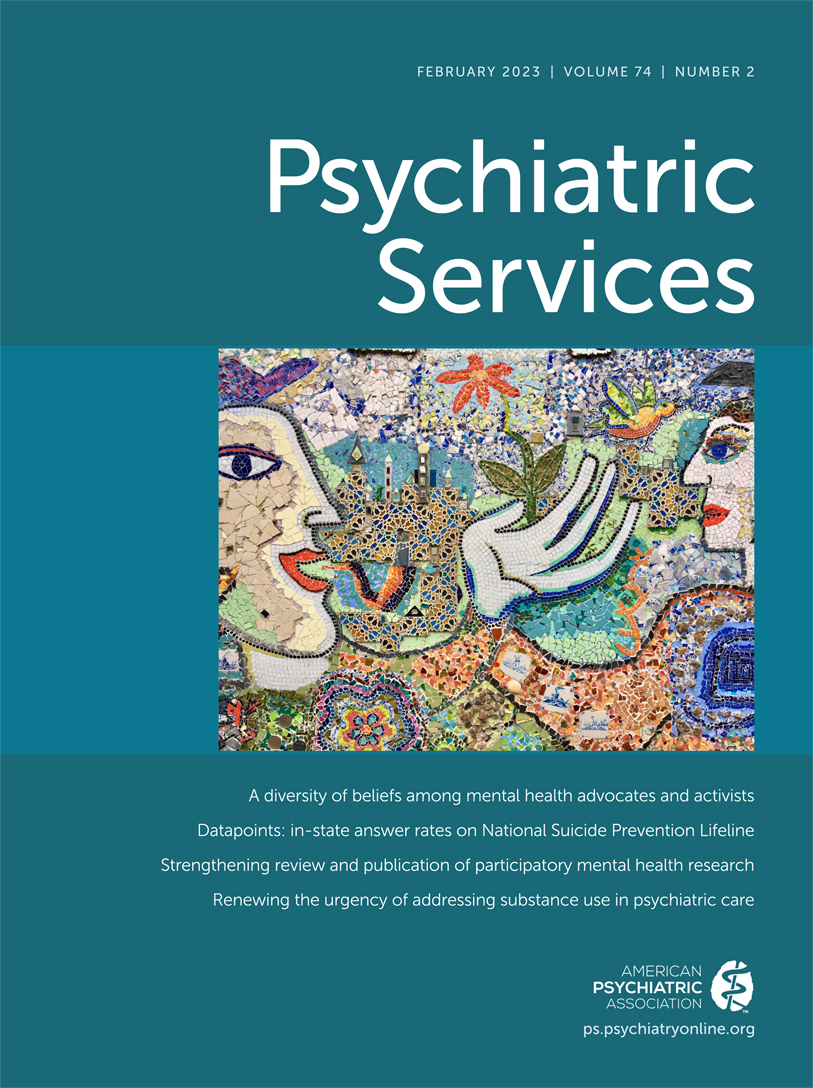Outreach to the Veterans Crisis Line During the COVID-19 Pandemic: A Mixed-Methods Analysis
Abstract
Objective:
The mental health impacts of the COVID-19 pandemic have been widely felt among already vulnerable populations, such as U.S. military veterans, including a heightened risk for depression and suicidal ideation. Support hotlines such as the Veterans Crisis Line (VCL) took a central role in addressing various concerns from callers in distress; research has yet to examine the concerns of veterans who used the VCL during the early months of the pandemic.
Methods:
A mixed-methods analysis of characteristics of veteran outreach to the VCL during the first year of the COVID-19 pandemic in the United States was conducted on 342,248 calls during April–December 2020; 3.8% (N=12,869) of calls were coded as related to COVID-19. Quantitative examination was conducted regarding COVID-19–related reasons for contact, suicide risk screens, and caller concerns; 360 unique calls with synopsis notes that included a COVID-19 flag were qualitatively analyzed.
Results:
Quantitative analysis of the calls with a COVID-19 flag revealed mental health concerns, loneliness, and suicidal thoughts as top reasons veterans contacted the VCL during the pandemic. Qualitative analysis identified specific economic and mental health concerns, including negative impacts on income and housing, increased feelings of depression or anxiety, and pandemic-specific concerns such as testing and vaccine availability. Disrupted access to resources for coping, including support groups or gyms, had negative perceived impacts and sometimes exacerbated preexisting problems such as substance abuse or depression.
Conclusions:
These findings emphasize the role of VCL as providing general support to veterans experiencing loneliness and supplying assistance in coping with pandemic-related distress.



